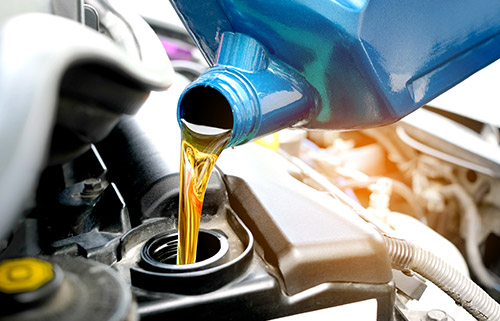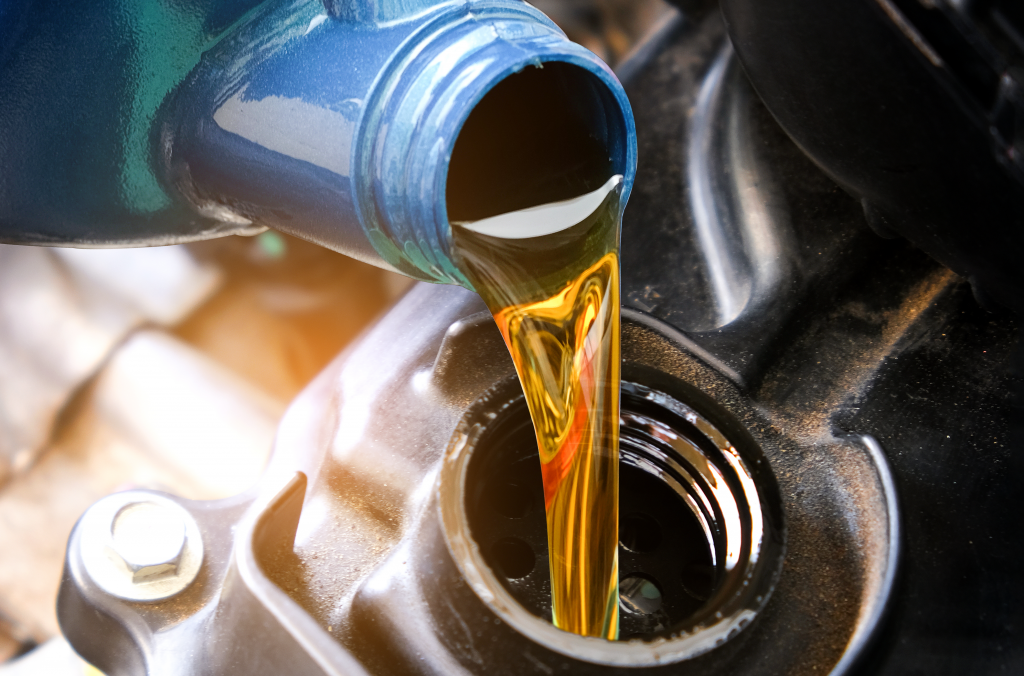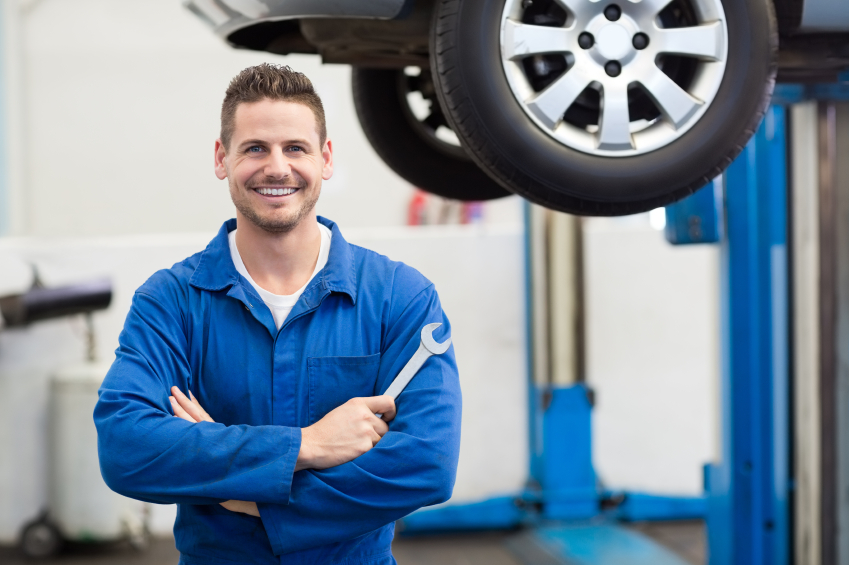
Experiencing a getting too hot vehicle can be startling, however just how you respond is critical to avoiding major engine damage. It's vital to take prompt activity to stop further damage if your automobile's engine starts to get too hot. Understanding the actions to take in the occasion of an overheated engine can conserve you time, stress, and money. Here's what you should do if your automobile is overheating:
- Pull Over and Transform Off the Engine. If you see the temperature level gauge increasing or vapor originating from under the hood, pull over to a risk-free location asap. Proceeding to drive while your car is overheating can result in significant engine damage, including a blown gasket or warped cyndrical tube head. Turn off the engine quickly to prevent further damage. when you have actually pulled over.
- Allow the Engine Cool. After shutting off the engine, allow it to cool down for at the very least 15 to half an hour. Do not attempt to open up the hood or radiator cap while the engine is hot, as this can cause major burns from hot steam or coolant. It is necessary to offer the engine enough time to cool down before continuing.
- Inspect Coolant Levels. Once the engine has cooled, thoroughly open the hood and inspect the coolant degree. The coolant reservoir need to be plainly marked with minimum and maximum levels. If the coolant is low, maybe the factor for the getting too hot. You can briefly add coolant or water to the tank, but this is only a temporary repair. If the coolant level is great, the getting too hot can be triggered by another thing, and further examination is needed.

- Inspect for Leakages or Damages. While the engine is cooling, inspect for any type of visible leaks or damage around the radiator, hose pipes, or coolant reservoir. A dripping radiator or pipe can result in the loss of coolant, which will create the engine to get too hot.
- Reboot and Monitor the Temperature. You can attempt restarting the engine if the coolant levels appear regular and no leaks are visible. Keep a close eye on the temperature gauge as you drive. If the temperature level begins increasing once again, pull over promptly, switch off the engine, and prevent further driving. It's vital to have your car inspected by a specialist auto mechanic. if the concern continues.
Usual Reasons For Getting Too Hot. There are numerous prospective reasons for a car to get too hot. Some of one of the most usual consist of:

Reduced Coolant Levels: Not enough coolant can trigger the engine to overheat. Leakages, dissipation, or poor upkeep are common sources of low coolant. Faulty Thermostat: The thermostat controls the engine's temperature level by managing the flow of coolant. If it malfunctions, it may stop coolant from flowing effectively, resulting in overheating. Water Pump Failure: The water pump circulates coolant throughout the engine. If the water pump is broken, the coolant won't move as it should, triggering the engine to overheat. Radiator Issues: A blocked or damaged radiator lowers its capacity to dissipate warmth from the coolant, which can trigger overheating. Broken Air Conditioning Fan: The cooling fan aids manage the temperature by cooling down the radiator. If the follower is malfunctioning, the engine may get too hot, specifically in slow-moving traffic or when idling. Preventative Maintenance to Avoid Overheating. To reduce the threat of overheating, routine automobile maintenance is essential:
Display Coolant Levels: Check your coolant degrees consistently, especially eventually journeys, and cover up if needed. Evaluate the Air Conditioning System: Have your radiator and cooling system purged according to your automobile's maintenance timetable. Replace Worn or Broken Parts: Make certain that your thermostat, water pump, pipes, and belts remain in excellent problem and change them if they reveal indicators of wear. Expect Indication: Maintain an eye on your temperature level gauge while driving. Get your cars and truck inspected out by an expert auto mechanic if it's consistently greater than typical. By following these steps and addressing the overheating problem quickly, you can stop your auto from experiencing costly damages. When needed, overheating does not have to lead to a break down if you react rapidly and seek specialist assistance. Normal upkeep and very early detection are essential to keeping your engine running efficiently and avoiding overheating altogether.
Navigation
Home
Latest Posts
The 2025 Mazda CX-70 PHEV: Where Development Satisfies Day-to-day Flexibility
Published May 24, 25
1 min read
Discover Your Next Utilized Vehicle at Basil Mitsubishi
Published May 23, 25
1 min read
The Jake Sweeney Mazda Licensed Advantage
Published May 22, 25
1 min read